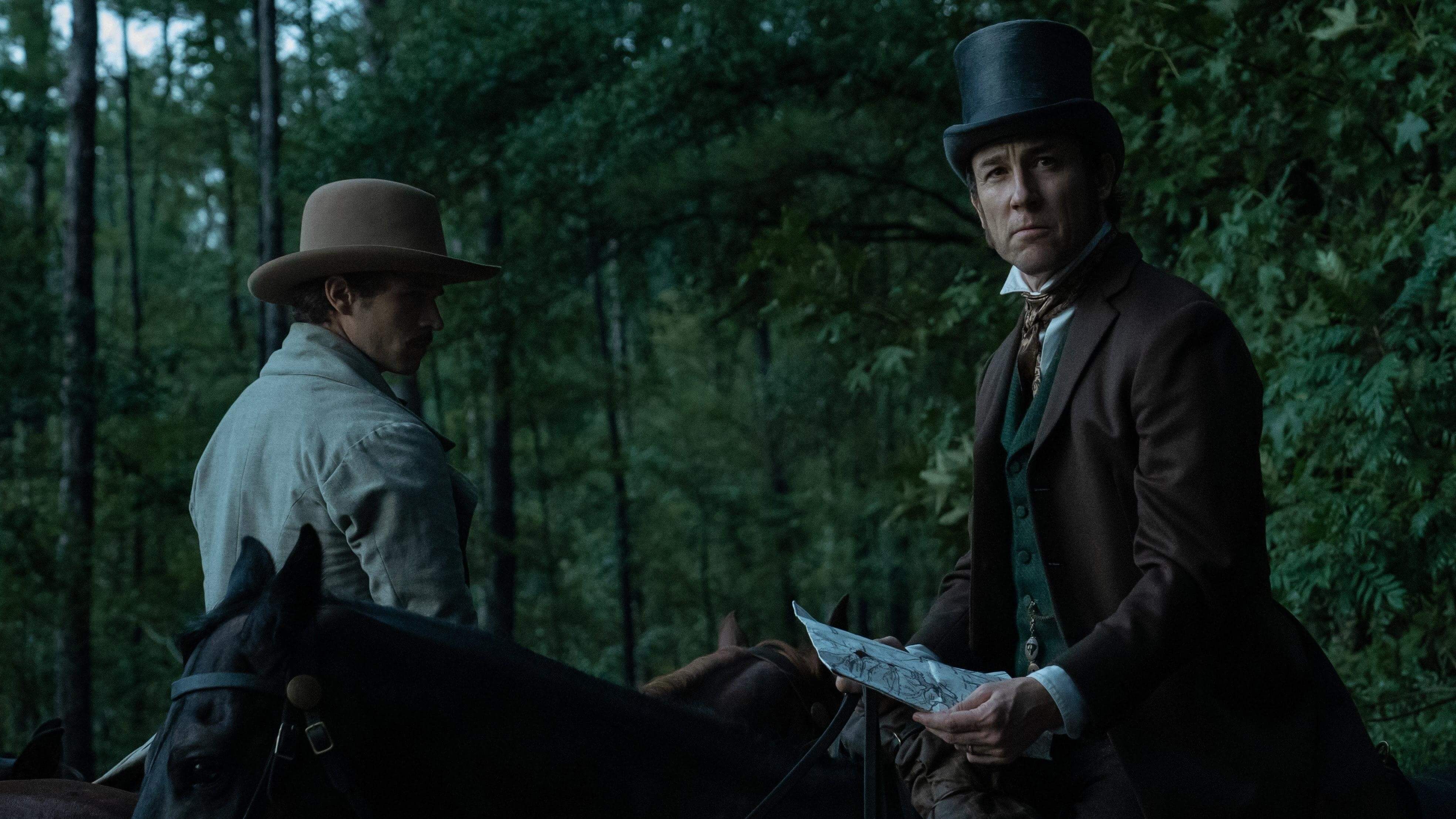Manhunt review: Apple TV Plus' conspiracy thriller is dead on arrival
The Crown's Tobias Menzies stars in this facile take on the aftermath of Lincoln’s assassination

April 14, 1865, is inarguably one of the most fateful dates in U.S. history. That’s the day President Abraham Lincoln attended a performance of Our American Cousin with his wife, Mary. Midway through the show, John Wilkes Booth fatally shot the President, hopped on stage, yelled the infamous line “Sic semper tyrannis!” (“Thus always to tyrants”), and hobbled out of the theater. Apple TV+’s miniseries Manhunt, which premieres March 15, traces the fallout of Lincoln’s assassination, all the while wanting to give viewers a comprehensive portrait of the political unrest that teed up Booth’s actions—and that of those who were left to pick up the pieces of a Union in mourning and in tatters.
The first episode of Manhunt rightly focuses on the events at Ford’s Theater in D.C. For anyone who’s ever wanted to see Booth (Anthony Boyle) pick up his mail at the theater, fret over the last seconds before he fired a shot into Lincoln’s head, and even how he fled on horseback soon thereafter, this TV adaptation of James L. Swanson’s Manhunt: The 12-Day Chase For Lincoln’s Killer delivers. Only, the miniseries refuses to merely tell that tale—or to tell it in any kind of chronological order. The show haphazardly scrambles its timeline so much that increasingly necessary title cards like “30 minutes before the assassination” begin littering the screen at the start of every scene. Similarly, helpful ones like “Booth’s hotel room” and “Pennsylvania, a free state” eventually also end up suggesting that, narratively at least, Manhunt will require quite intrusive handholding—which becomes all the more distracting when no title card arrives and you’re left wondering why this one setting, why this one timeframe needs no geographic or chronological marker.
The shuffling back and forth is designed so that we follow Secretary of War Edwin Stanton (Tobias Menzies) in his attempts to wrangle Booth to justice. We also get a broader picture of the political turmoil that had immediately (and not so immediately) preceded Lincoln’s assassination. It offers Manhunt a chance to stage many a strategic meeting with Lincoln (Hamish Linklater) about slavery, the Union, Reconstruction, and the like—all in the months leading up to that fateful evening at the theater. The Union was at a precarious moment when Lincoln was killed (a night when two of his cabinet members were targeted as well). And Manhunt aims to show how Stanton’s search for Booth can’t be disentangled from the political maneuvering that took place in Washington (and the South).
This results in the show feeling intentionally fragmented. When it focuses on Boyle’s Booth, Manhunt is quite captivating. Here is a portrait of vanity and glory, of self-aggrandizement and self-pity. In this telling, Booth cannot see beyond the infamy he’s searching for in wanting to become a symbol of a resistance that may have been more splintered than he first imagined. His delusions of grandeur are neatly juxtaposed with the political chaos he unleashed. Boyle does a careful job giving textured complexity to a pathetic grandstander, a man who was too high on Shakespeare and Poe to see himself as anything but a hero of a country betrayed by Lincoln and his ilk.








































